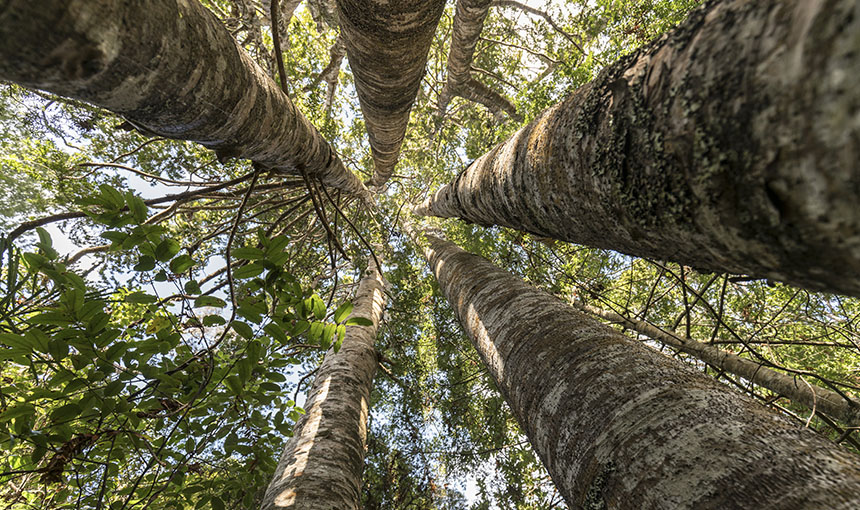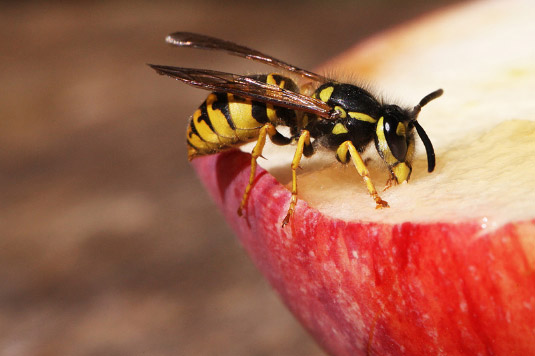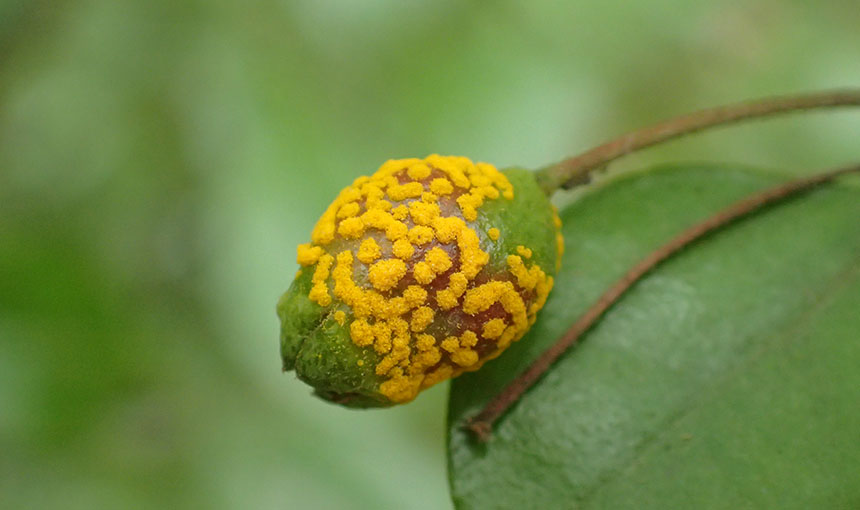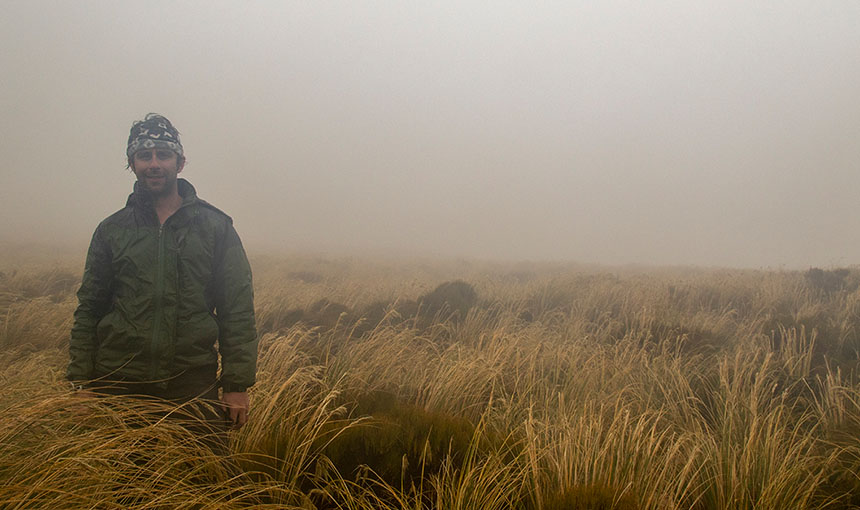Novel Tools and Strategies
Novel tools, technologies and strategies need to be deployed to eradicate biotic threats.
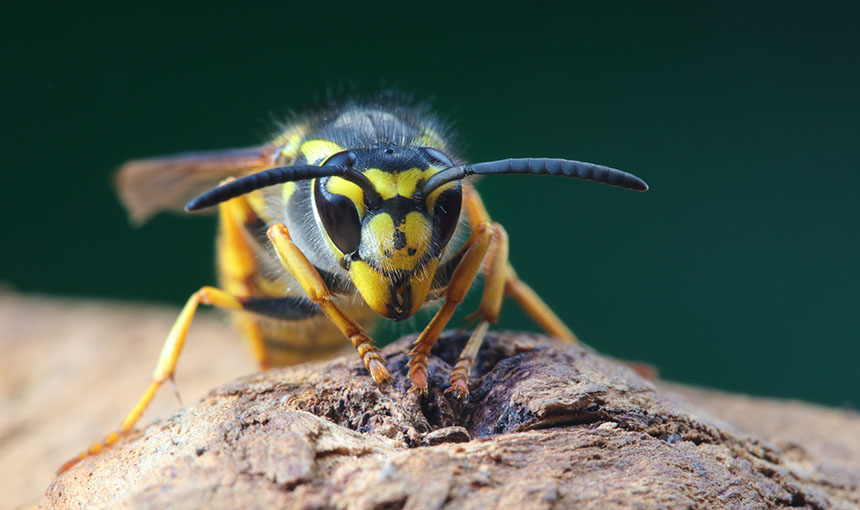
At A Glance:
Invasive species continue to change native ecosystems in Aotearoa through competition, predation, infection and habitat alteration. Biological invasions also have large economic impacts on our primary industries, as well as cultural and social impacts on our people.
New Zealand’s biosecurity systems are not well enough equipped to deal with emerging threats in an ever-changing global environment.
We need to be able to intercept more biosecurity threats that appear at our airports, mail centres and seaports, before they enter the environment, establish, and spread. We also need better tools and strategies to deal with pests that have already breached our border and set up shop.
Teams investigating Novel Tools & Strategies are working towards creating a better biosecurity network of 5 million through three very different projects, while supporting the mahi (work) of those already working hard in this field.
By authentically partnering with mana whenua and involving end-users throughout the research and design phase, this investment aims to enable real, ‘on the ground’ change for New Zealand’s biosecurity system.
Programmes:
1. Supporting a Predator Free 2050
There are so many different pest control options available, and under development, it can be hard to choose the best approach for a project. For managers, it can be difficult to know how to best invest resources to give a project the maximum chance of predator eradication success.
That’s why this research team is creating an online tool that will allow project managers to estimate what is achievable with the resources they have available or what it will likely cost to achieve their eradication goals.
By combining existing predator management models, cost data, and social and cultural preference data the team will support projects to develop relative cost-effectiveness rankings for different management options.
Users will be able to explore different control tool regime options, allowing informed discussion with their communities and decision-making about the most cost-effective actions for eradication. The tool aims to be flexible so that it can be used by everyone from community groups to professionals and will be tested with communities throughout its development to ensure its usefulness.
If we can use the most cost-effective predator control options for each of our unique rohe (areas), we stand the best chance of helping create a Predator Free Aotearoa by 2050.
Highlights:
- A report has been completed looking at research priorities within artificial intelligence for predator control.
- Work has begun on the spatial simulation model.
- A Kāhui Māori (Māori advisory group) has been formed for this specific investment.
Co-leads:
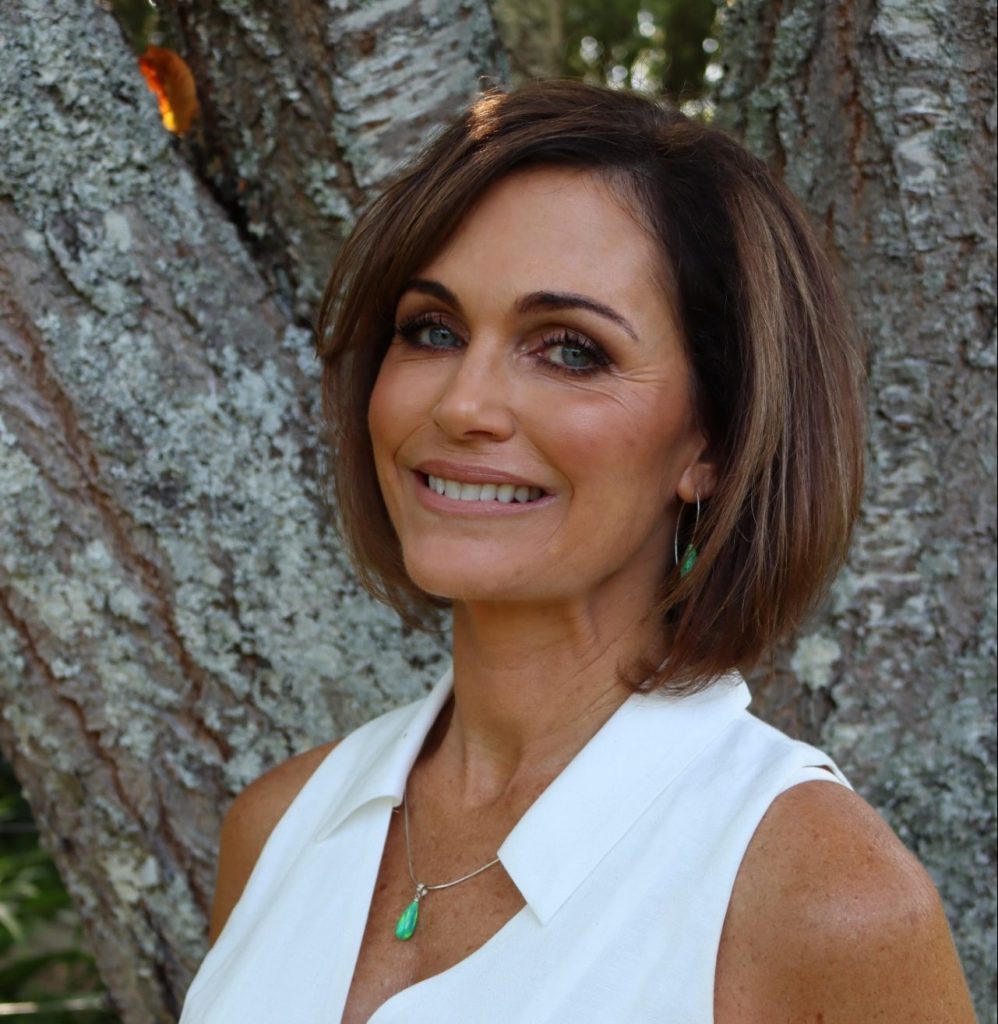
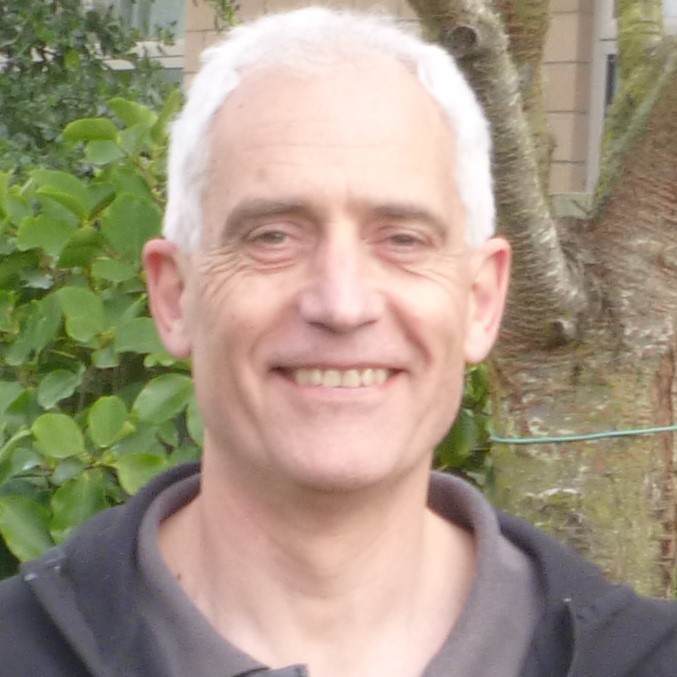
Manaaki Whenua – Landcare Research
Collaborators:
- Zero Invasive Predators (ZIP)
- Science for Technological Innovation National Science Challenge
- Lincoln University
Publications:
The use of AI (artificial intelligence) in New Zealand for the sorting of images and classification of animal pest species. James Ross 2021.
Alternatives for mammal pest control in New Zealand in the context of concerns about 1080 toxicant (sodium fluoroacetate). Bruce Warburton, Charles Eason, Penny Fisher et al. 2021.
2. Invertebrates
Many of our current pest control strategies have unintended and detrimental effects on the surrounding environment. For example, heavy reliance on pesticides can result in non-target kill of native or beneficial invertebrates.
We need new tools to effectively control pests while avoiding these unwanted side-effects.
The ‘Novel Tools & Strategies – Invertebrates’ team aims to develop a new, landscape scale, invertebrate pest management tool by 2024.
While working towards this goal, they are partnering with iwi and hapū to understand how new pest control tools can enhance kaitiakitanga and promote tino rangatiratanga.
Highlights:
- A survey of key stakeholders in April and May 2020 showed that most people wanted invertebrate eradication research to focus on wasps – particularly those from the Vespula genus.
- The same survey showed the honeybee pest mite Varroa is a valuable research target, because of its huge negative impact on the honey industry and other industries that rely on pollinators.
- Four PhD students have started research into:
- How gene silencing could be used to control the parasitic Varroa mite.
- Next generation Varroa control.
- How gene drives might be used for Polistes wasp control.
- How gene editing might be used for German wasp control.
- Dr Sara Moylan and Dr Ocean Mercier supervised five summer interns between Victoria University of Wellington and Worcester Polytech Institute, USA. The interns conducted user tests and evaluations of ESAT, an ecological management tool.
Key people:

Victoria University of Wellington
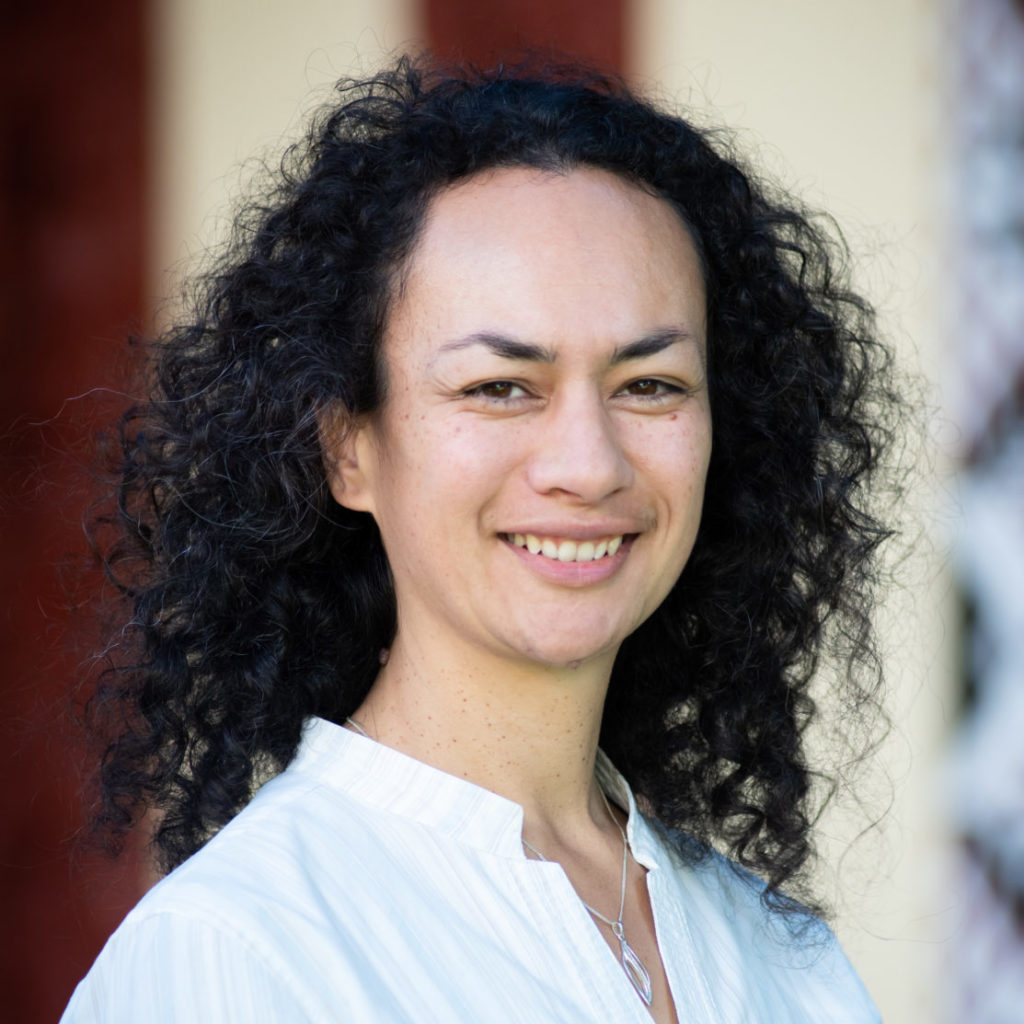
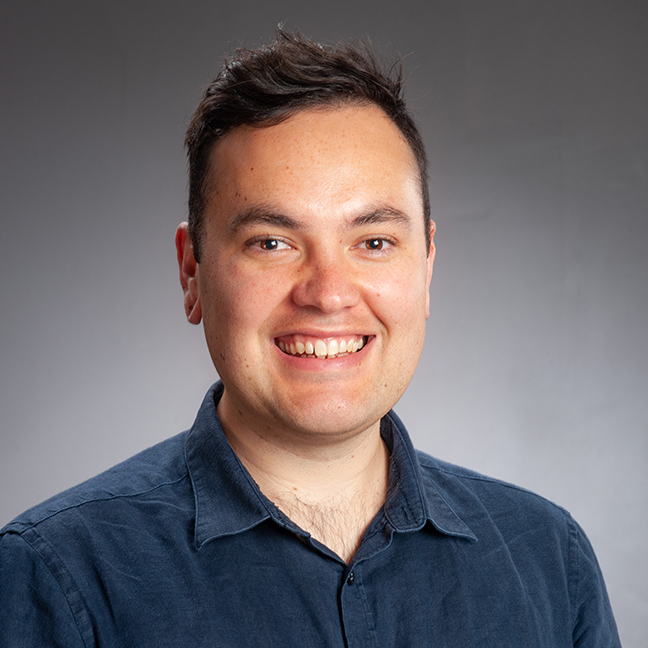
Students:
- Joshua Gilligan – PhD at the University of Otago
- Gemma McLaughlin – PhD at the University of Otago
- Zoe Smeele – PhD at Victoria University of Wellington
- Rose McGruddy – PhD at Victoria University of Wellington
Summer interns:
Nell Ferrall (VUW), Tyler Vu (WPI), Ashley Baldwin (WPI), Gabriel Dudlicek (WPI), Liz Rocco (WPI).
Collaborators:
- Victoria University of Wellington
- Worcester Polytechnic Institute, Massachusetts, USA
- University of Otago
- BioHeritage Governance & Policy team
- Genomics Aotearoa
- Wasp Tactical Group
- US commercialisation companies
- This work builds on previous BioHeritage research into wasp eradication
News:
February 2022: Wasp Wipeout. Stuff.
September 2021: Inside the wonderful world of insects with bug man Pihl Lester.
July 2021: Symon Palmer presented “Were pests part of early Mātauranga? Lessons from whakataukī and early ethnographic texts” at the virtual NETS 2021 Conference.
May 2021: Professor Phil Lester was featured at the Auckland Writers Festival, discussing his book Healthy Bee, Sick Bee: The influence of parasites, pathogens, predators and pesticides on honey bees.
April 2021: Three presentations by team members were given at the New Zealand Entomology Society Conference in April.
February 2021: Professor Phil Lester talked to RNZ about his new book Healthy Bee, Sick Bee: The influence of parasites, pathogens, predators and pesticides on honey bees.
Professor Phil Lester talked to the hosts of The Project about these pests.
November 2020: Professor Peter Dearden was part of a panel discussing genetic methods for pest control, covered by Radio New Zealand.
Publications:
High-quality assemblies for three invasive social wasps from the Vespula genus. Thomas Harrop, Joseph Guhlin, Gemma McLaughlin et al. 2020.
The potential for a CRISPR gene drive to eradicate or suppress globally invasive social wasps. Philip J. Lester, Mariana Bulgarella, James W. Baty, Peter K. Dearden, Joseph Guhlin and John M. Kean 2020.
Biotechnologies in pest wasp control: taking the sting out of pest management for Māori businesses? Symon Palmer and Ocean Ripeka Mercier 2020.
Towards rangatiratanga in pest management? Māori perspectives and frameworks on novel biotechnologies in conservation. Symon Palmer, Ocean Ripeka Mercier and Alan King-Hunt 2020.
Novel biotechnologies for eradicating wasps: seeking Māori studies students’ perspectives with Q method. Ocean Ripeka Mercier, Alan King Hunt and Philip Lester 2019.
